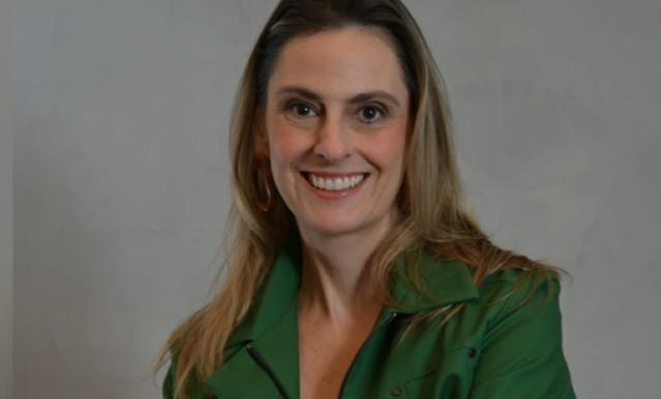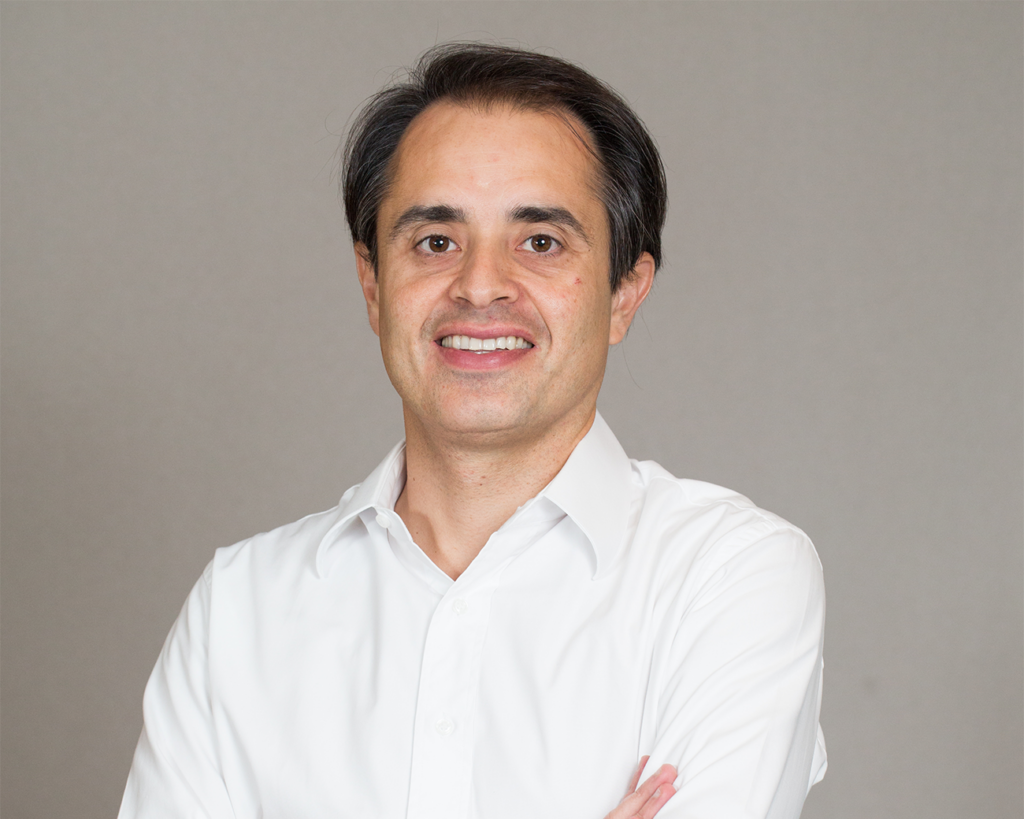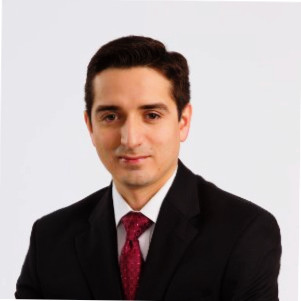Member Profiles
An Interview with Ernest Bachrach, Advent International
10 May 2010

The Latin America PE/VC Report spoke with Ernest Bachrach, Managing Partner and Co-Head of Latin America for Advent International. Founded in 1984, the firm recently raised the largest-ever private equity fund dedicated to the region.
LAVCA: Please tell us a little bit more about Advent International. How many funds do you operate, and what is your geographic and sector focus, if any? What are your assets under management?
Please tell us a little bit more about Advent International. How many funds do you operate, and what is your geographic and sector focus, if any? What are your assets under management?
Bachrach: Over the past 25 years, Advent International has developed into one of the world’s leading private equity firms. We have raised $26 billion in private equity funds since inception and currently have over 150 investment professionals working from 17 offices in 16 countries. We manage four regional private equity programs focused on buyouts and growth equity investments in Latin America (now on our fifth fund, LAPEF V, capitalized at $1.65 billion), Europe and North America (GPE VI, €6.6 billion), Central and Eastern Europe (ACEE IV, €1 billion) and Japan (JPEF, ¥550 million). Our core areas of sector focus include business and financial services; healthcare; industrial; retail, consumer and leisure; and technology, media and telecoms.
LAVCA: With a large and experienced private equity team in Latin America, which markets are you most focused on?
Bachrach: We continue to invest primarily in Brazil, Mexico and Argentina, where we have wholly owned, fully staffed offices.
LAVCA: Can you choose a few deals you’ve done in the region recently and provide details and some lessons learned? What trends are you seeing?
Bachrach: Two great examples would be Kroton Educacional and Latin American Airport Holdings.
In July 2009, Advent invested R$280 million in Kroton (BOVESPA: KROT11), one of the largest private education companies in Brazil. Most of the investment was used to fund a capital increase in Kroton. The investment thesis was to consolidate the growing Brazilian education market, which is fragmented and underpenetrated. In March 2010, Kroton announced the acquisition of IUNI, a leading education company with approximately 40,000 post-secondary students. With the transaction, Kroton more than doubled its size and gained access to a very efficient post-secondary platform. This is the largest acquisition in the Brazilian education market to date and turned Kroton into the fourth-largest educational player in Brazil, with approximately 90,000 post-secondary students and 270,000 students in K-12.
The next example, Latin American Airport, is a holding company that Advent formed in 2008 to acquire Aerodom, the leading airport group in the Dominican Republic, and Inmobiliaria Fumisa, which operates certain areas of terminal 1 at the Mexico City International Airport. The airport sector is underdeveloped, and continued long-term growth is expected in domestic and international air travel. We are creating value by diversifying contract and country risks; introducing common management systems and processes; rationalizing the cost base; transferring proven strategies and sharing best practices across the company; building stronger relationships with larger, more profitable tenants; and pursuing further acquisitions of airport assets in Latin America.
LAVCA: You just closed on the largest private equity fund ever raised for Latin America at $1.65 billion, which was also oversubscribed. Tell us a bit about this fundraising experience.
Bachrach: We launched the fund in December 2008, after the start of the financial crisis, and for most of 2009 many investors stayed on the sidelines because they faced capital constraints or were uncertain when the recovery would occur. Still, by July 2009, we had raised over $500 million. Toward the end of the year and into 2010, market conditions improved and we were able to raise over $1 billion more, holding a final close on March 31, 2010. In the end, we exceeded our $1.5 billion target and closed on $1.65 billion, the hard cap set for the fund.
LAVCA: Did you enlist any new strategies or target new types of LPs? What were you hearing from LPs?
Bachrach: In terms of strategies, we raised most of the capital from existing investors in our prior Latin American fund. We admitted a number of new investors into LAPEF V, including notably a South American pension fund – the first time we have received a commitment from an investor based in the region. One thing we noticed with this fundraising is that investors are being much more thorough in their due diligence including multiple visits to the region. For LAPEF V, we had more visits to our local offices than the prior four fundraisings combined. Investors also seem to be looking to consolidate their relationships with general partners and invest more time and capital with fewer GPs who have proven track records.
LAVCA: What will be the focus of this new fund regarding sectors and countries?
Bachrach: LAPEF V will target high-growth sectors where Advent has significant experience and expertise, including financial services, airport services, business services, retail/consumer and education. We will continue to invest primarily in the markets mentioned previously (Brazil, Mexico and Argentina), but are looking to broaden our geographic focus to include other markets such as Uruguay, Chile, Peru, Colombia and the Caribbean.
LAVCA: As investors look for increased exposure to Latin American markets, how do you decide a strategy? Has your investment criteria changed as financial conditions continue their recovery?
Bachrach: Advent has followed the same investment strategy in Latin America since we began investing in the region in 1996. We will continue this strategy with LAPEF V, focusing on control buyouts and expansion financings of cash-generative companies across the region. The typical equity investment will be $50 million to $200 million in companies with enterprise values between $50 million and $750 million. In line with our global approach, the LAPEF team will seek to drive revenue and profit growth in portfolio companies through operational improvements, strategic repositioning and market expansion, both domestically and internationally. This focus on earnings improvement in companies has served us well over four generations of funds and several economic and private equity cycles.
LAVCA: Tell us about your most recent exit – how did it go?
Bachrach: We have a strong track record of exits in Latin America. Of the 40 investments we have made in the region, we have achieved 25 full or partial exits, including 19 sales to strategic, financial or other buyers and six initial public offerings. An example of a recent partial exit is CETIP – Balcão Organizado de Ativos e Derivativos. In May 2009, we acquired a stake in CETIP, the central depository and trading platform for fixed-income and over-the-counter derivatives in Brazil. Since the investment, two of Advent’s U.S. operating partners have been working closely with CETIP to apply the model used by a similar Advent portfolio company in the U.S., BondDesk, to develop the Brazilian bond-trading market, expand the CETIP platform and introduce new products. We assisted in reinforcing management, introduced international best practices and are helping secure external partnerships for product development. We also helped CETIP achieve a long-planned IPO on the BM&FBOVESPA in October 2009. We sold a portion of our CETIP holding at the IPO and retain a significant minority stake.
LAVCA: In your opinion, what is the greatest need for regulatory reform in order to strengthen the private equity industry in Latin America?
Bachrach: We think it is important for local pension funds and other financial institutions in Latin America to be able to invest in private equity. To pave the way for this, a number of regulatory changes need to be made that take into account the unique nature of this investment class. The regulations need to provide appropriate safeguards for the local financial institutions, while making the process of investing in private equity more efficient. The participation of local institutions in private equity will eventually be the backbone of this sector in the local capital markets and will lead to a more robust financial market.
You may be interested in...
-

Luciana Antonini Ribeiro, eB Capital
Executive: Luciana Antonini Ribeiro, Co-Founder and CIO Member Name: eB Capital Year...
-

Cristiano Gioia Lauretti, Kinea Private Equity
Member: Kinea Executive: Cristiano Gioia Lauretti, Head of Private Equity HQ: São...
-

Maria Pia Iannariello, MGM Innova Capital
LAVCA recently spoke with Maria Pia Iannariello, Co-Founder & COO of MGM Innova Capital,...
-

Rafael Ramirez, Portfolio Manager, Alaska Permanent Fund Corporation
LAVCA recently spoke with Rafael Ramirez, Portfolio Manager– Private Equity &...